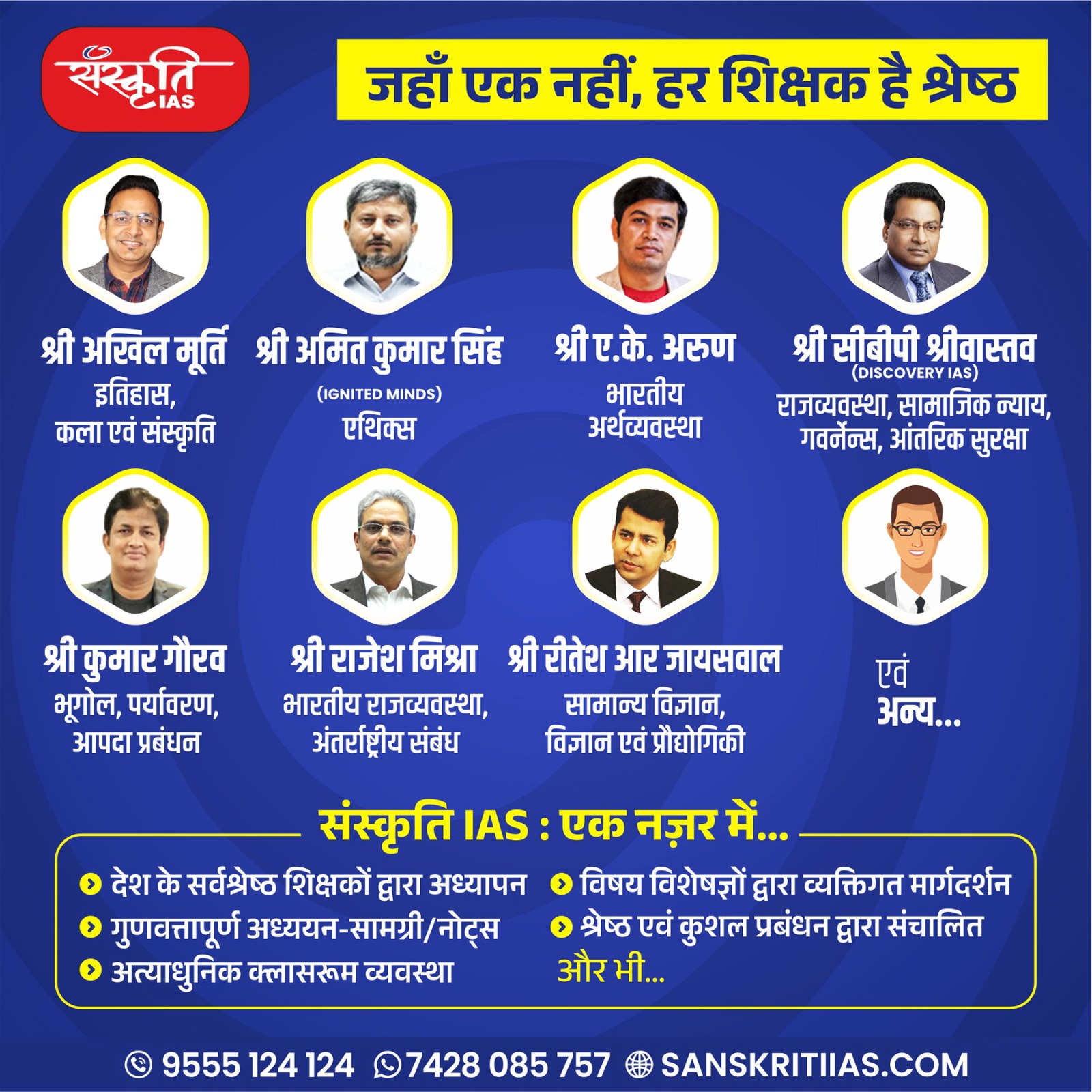Shruti Vora’s journey in competitive equestrian events highlights the profound psychological and physiological connection between horse and rider. This bond, built on trust and years of dedicated training, requires an exceptional synchronization of mind, body, and emotion. At the peak of performance, it’s almost as if the rider and horse communicate telepathically, executing movements in perfect harmony. Vora’s current partner, Magnanimous, exemplifies this synergy.
Acquired as a foal and developed under the guidance of Maj JS Ahluwalia, Magnanimous has progressed to Grand Prix level, demonstrating remarkable focus and skill. Despite facing significant challenges, including balancing family life and competing outside Europe, Vora’s commitment and the support from her coach have been instrumental in achieving success.
When did you start your journey as a Dressage Rider?
I started riding at the Army Riding School , Kolkata at the age of 3, then pursued my riding at the Tollygunge Club , Kolkata as a teenager and when I was doing my MBA , I trained briefly under Dr. Reiner Klimke in Europe. Dr Reiner Klimke (14 January 1936 – 17 August 1999) was a German equestrian, who won six gold and two bronze medals in dressage at the Olympics .

My current coach cum mentor Jitendarjit Singh Ahluwalia ( Retd as Major in the Indian Army ) continues to be my inspiration and guide in helping me refine myself and riding a Grand Prix test with utmost harmony , lightness and ease .
How does your victory in the FEI Dressage World Cup reflect the broader development and increasing global competitiveness of equestrian sports in India?
What I have achieved has been soley the result of my efforts and hard work , my coaches’ guidance and belief in my abilities and most importantly the talent , willingness to perform and excellence that my young horse Magnanimous possesses .
From India’s perspective, we need to have a more proactive and virile ecosystem that includes the National Federation and the Government bodies nurturing talent from a very young age and creating the requisite infrastructure for this talent to train and thrive.

We also need to engage with the international bodies that have mastered the art in their respective countries and have made it a robust sporting industry to assist us in creating the same in India .
An extremely capital intensive sport , currently in India we are at least a 100 years behind Europe in terms of a training system , regular competitions , infrastructure and the quality and availability of horses .
In India we will have to espouse some of the more successful countries and roles that their respective Federations have played in creating a successful system , like Germany , England , Denmark for example .
How does your achievement of scoring 67.761 points in the CDI-3 event at Lipica, Slovenia, compared to her competitors’ scores, demonstrate the impact of individual performance metrics on the international ranking of equestrian athletes?
By winning the CDI 3* at Slovenia I consider it as a historic achievement ; as no Indan rider has been placed even in the top 3 positions in an International Grand Prix. I am perhaps , not only the first Indian but the first Asian to have won a Grand Prix Dressage International in Europe .
How does the cultural and historical context of dressage influence its current competitive practices and judging criteria, and what are the potential impacts of this on emerging equestrian nations.

Firstly It does make a lot of difference. Dressage is subjective and a consistent performance over a period of years on the European circuit psychologically influences the marking by judges .
Secondly coming from a non developed Dressage country does influence the thinking of judges who have not seen one performing and they tend to be very reserved in giving marks. However that is changing now to a certain extent .
How does the dynamic between a rider and their horse influence the interpretation of dressage movements and the overall performance in competitive events, and what are the psychological and physiological factors that contribute to this bond?
There has to be an absolute bond of trust between horse and rider .There has to be total coordination of mind and body of the two performing athletes in total unision and coordination and this is heavily influenced by the emotional bond and attachment between the two living beings.
At the highest level of coordination of mind, body, soul and emotion the rider thinks of the movement and the horse performs it. .
This works like telepathy. But to achieve that level takes years of training and spending time with your horse. It is not alone quality time , but quantity time.
Talk with us about your horse?
A horse’s life in comparison to human lifespan is realtively short and specially the sporting life. So in our sporting life we run through many different partnerships; each one having its own unique bonding and understanding.
Magnanimous which is my current performing partner was bought as a young 3 month old foal. He was left with his mother till it was time to wean off and then he grew up in the fields with other companions till we took him back in training. He is a highly intelligent charactered being with a strong yet gentle personality . He has a very sharp memory and is a willing worker. Once he learns a movement he adheres to it with the best of his abilities .

He was developed under the guidance of Maj JS Ahluwalia who also introduced him to his first International competition and Grand Prix.
The interesting thing about him is that unlike most European sport horses , he was basically trained at home and competed at the highest level of Grand Prix without going to any smaller competitions. Once inside the arena he is mostly focussed and generally knows the movements by heart .
He is an extraordinary horse and is still developing and the best is yet to come . I am very fortunate to have been blessed with him as my sporting partner .
What are the Challenges you have faced to be in this position?
Challenges have been aplenty. Being a mother and wife and not living in Europe which is the hub for competitions and developing ones’ skills was an extremely difficult task to manage. However it did not in any way deter or affect my own riding skills but when you compete at the highest level the more time you spend with the horse and in the saddle makes a lot of difference in performance. However my coach who knew both of us well kept him in training and that was very helpful.























